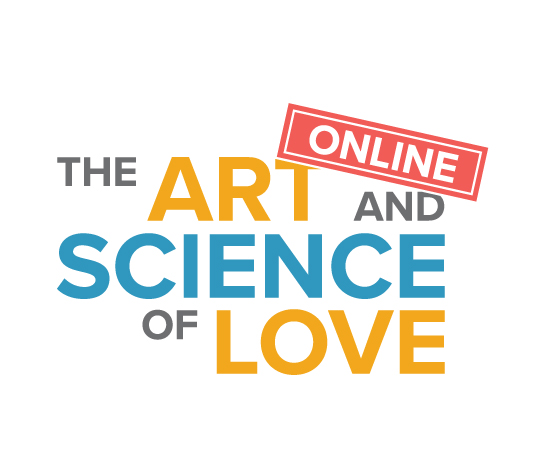Embarking on a journey into sex therapy is a step toward improving one of the most intimate and rewarding (yet often confusing and tricky!) aspects of human experience. As a psychotherapist specializing in relationships and sex, I’ve had the privilege of guiding many individuals, couples, and polycules through this transformative process. Here are some insights that you may want to know before engaging in therapy with a sex/intimacy counselor.
Acknowledging the Need
Realizing that you may need help from a trained sex therapist is significant and deserves serious credit. Courage is probably the word to use when acknowledging what it takes to own that there are aspects of your sexual life that you’re unable to resolve alone, or even with a loving and collaborative partner. Many of us first turn to books, podcasts, or best friends as a way to fix what we likely perceive as broken within our intimate lives. And while there are wonderful resources out there, having a skilled provider who can tailor their treatment to exactly what you need is sometimes what’s required.
Sex Therapy Is About More Than Just Sex
While the primary focus of “sex therapy” is on sexual issues, treatment often encompasses so much more than focusing solely on what occurs in the bedroom. It’s not uncommon for sex therapy sessions to delve into broader relationship dynamics, communication patterns, self-perception challenges, family of origin, and the numerous psychological factors influencing your sexual health. Sexuality is intertwined with many aspects of our being, as well as a number of moving parts within our relationship(s) that we may never have anticipated were related to the sexual struggles that brought us into treatment.
I was reminded of this recently in a meeting with a physical therapist for leg pain. While I was ready to jump into discussion of that area of my body, she instead began by saying something like, “Your leg hurts? Great, so let’s have you take off your shoes, stand on the floor over here, and do some movements. You know, it may not actually be your leg…it may be your hip, or your neck, or how you carry your posture. Can I see how you sit when you’re in a chair all day?”
When you look at the whole person and the entire relationship, you see what else is going on that needs to be addressed. So as therapists, especially those trained in sex/intimacy, we don’t just focus on the presenting problem. Instead we back way out and explore how the whole system may be contributing to the sexual concern.
Openness, Honesty, and Vulnerability Required
Most of us know that for therapy to be effective, openness and honesty on the part of the client are crucial, though this can be a particularly large ask when the focus on treatment is sex. While your provider will do everything within their training to set you at ease, the process will still necessitate you sharing intimate details about your sexual experiences, feelings, and concerns. When I first begin working with someone and ask in our intake session how they’re feeling about starting this process with me, the word I hear most often is “terrified”! And how easy it is to empathize with this experience. But while starting to open up to a stranger about this part of one’s life can initially feel daunting, a skilled therapist knows how to create a space that is soon recognized as safe.
Time for Change
It’s important to manage expectations regarding the timeline of therapy, and perhaps particularly so when working on our intimate lives. Change, especially when it involves deeper issues or patterns, will simply take time. Progress in sex therapy is often gradual, requiring patience and persistence, though a solid therapist will help you to celebrate victories along the way. I love starting sessions asking my clients, “Before we talk about what was challenging since I last saw you, what can you brag about? What are you proud of as a couple recently? Where has there been movement, if only a little bit?” This helps us to recognize and to trust that the process is working. Allowing for change to take time also affords us grace when setbacks inevitably occur as part of the therapy journey.
Individual Effort Within Collaboration
Research shows that the biggest determinant of client success in psychotherapy is not the therapist’s credentials, theoretical approaches, or even experience level. Instead, it is the client that has the most impact (by far) on the amount of change one sees from the time spent in treatment. This means being proactive in sessions, doing any homework assigned, and communicating openly about what is or isn’t working for you. As such, a consideration for entering into sex therapy is simply asking yourself, “How ready am I to truly engage in this process? If I’m not quite there yet, what would I need to shift within myself to become ready to fully take this step?” Hopefully this post can help you to approach that place of readiness.




